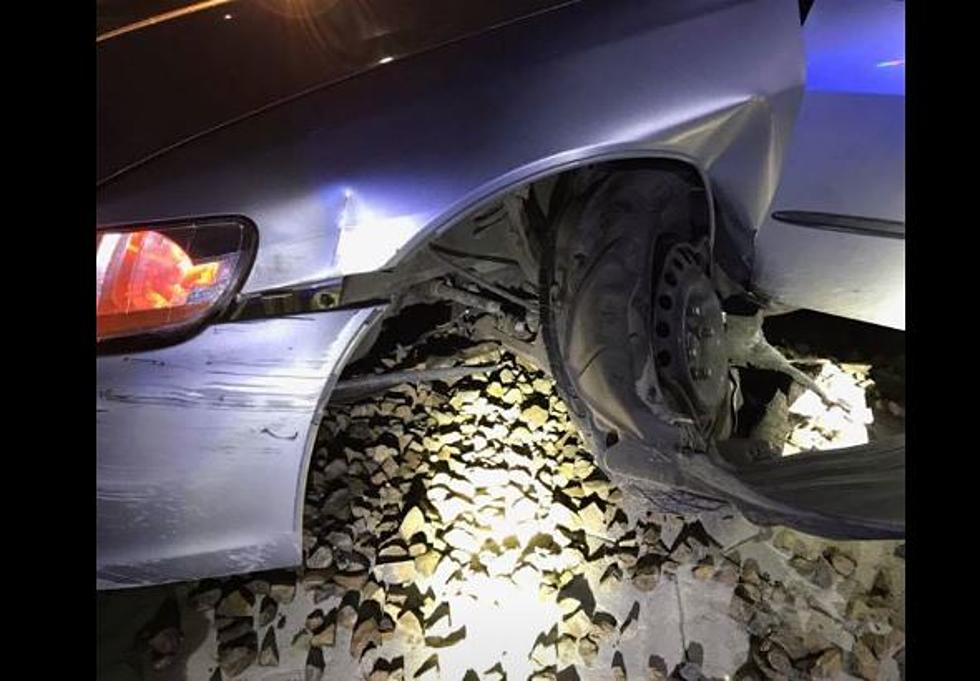
WA Official Handed Stinging Defeat in Auto Insurance Battle
A Thurston County Superior Court Judge has thrown out, in case you had not heard, Insurance Commissioner Mike Kreidler's rediculous 'ban' on credit-based insurance scoring.
Study after study has shown, going back well over 40 years, that for most drivers, the higher their credit score the lower their liability. Fewer crashes.
As far back as 2 years, Gov. Inslee and Kreidler have tried to get the legislature to drop the decades-old practice of using a person's credit score as part (not ALL) of the criteria for establishing their rates and premiums.
Study after study has shown, going back well over 40 years, that for most drivers, the higher their credit score the lower their liability. Fewer crashes, so they get lower rates.
Why are 16-year-old boys charged and arm and leg for insurance? High liability. Previous drunk drivers have to get SR-22's? High liability. And, a person's financial behavior ALSO has a lot to do with it.
Drivers with higher credit scores and better financial positions are far less likely to have claims; largely because (to be blunt) they take safety more seriously. But apparently this offends some WA state officials.
DESPITE DECADES OF DATA SUPPORTING IDEA WHY DOES KREIDLER OPPOSE?
However, Kreidler says that's racist, and discriminates against low-income persons. I even heard him say that during a press conference months ago. Despite a bill he pushed dying in the legislature, he was able to squeeze through an "emergency" order due to COVID in March that banned this practice anyway.

However, you may not have heard, back during the second week of October, Thurston County Superior Court Judge Mary Sue Wilson overturned his order. It was struck down on summary judgement, and insurance companies were willing to fight in court on the premise (fact) that Kreidler doesn't have the same emergency powers as Inslee when it comes to these matters.
However, Kreidler vows that this is not over yet. It is not clear if he and his office plan to appeal, but it's likely this idea will come up during the next legislative session.
WHAT DO THE FACTS ACTUALLY SAY?
The facts are, banning credit scoring causes the liabilities of more dangerous drivers to be spread throughout all income levels. Drivers with better records and lower rates end up paying more to offset the liability of the lower-score more dangerous motorists.
DOES DROPPING THIS PRACTICE ACTUALLY BENEFIT EVERYONE? NOPE
A Tri-City area Insurance agent told us off the record that these kinds of policies ended up raising rates for the majority of all drivers, at least 70% saw some form of increase. The only ones who benefitted were, you guessed it, a very small percentage of low-income drivers.
It's another example, say GOP legislators and critics, of a thinly-disguised redistribution of wealth.


